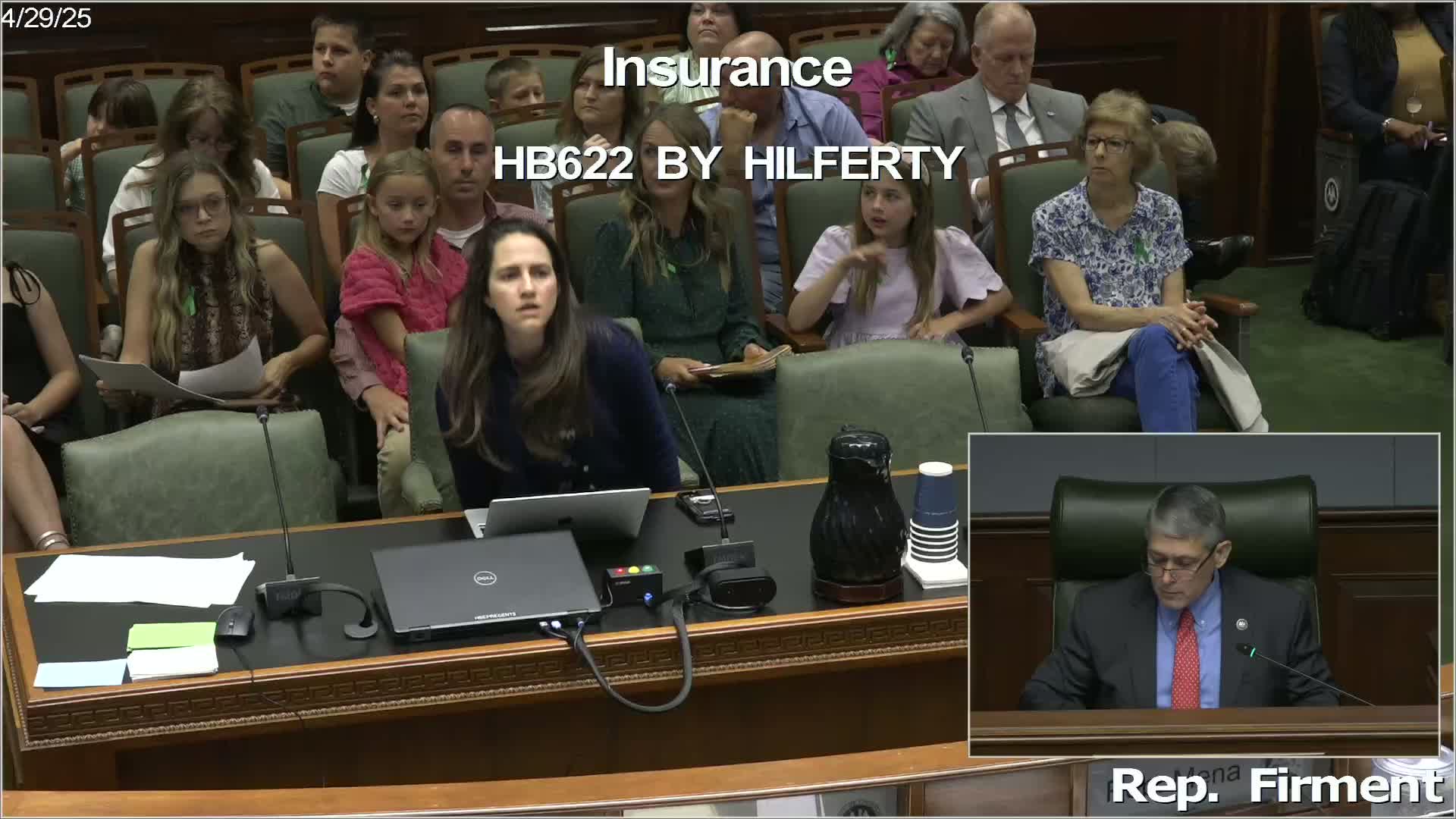Article not found
This article is no longer available. But don't worry—we've gathered other articles that discuss the same topic.
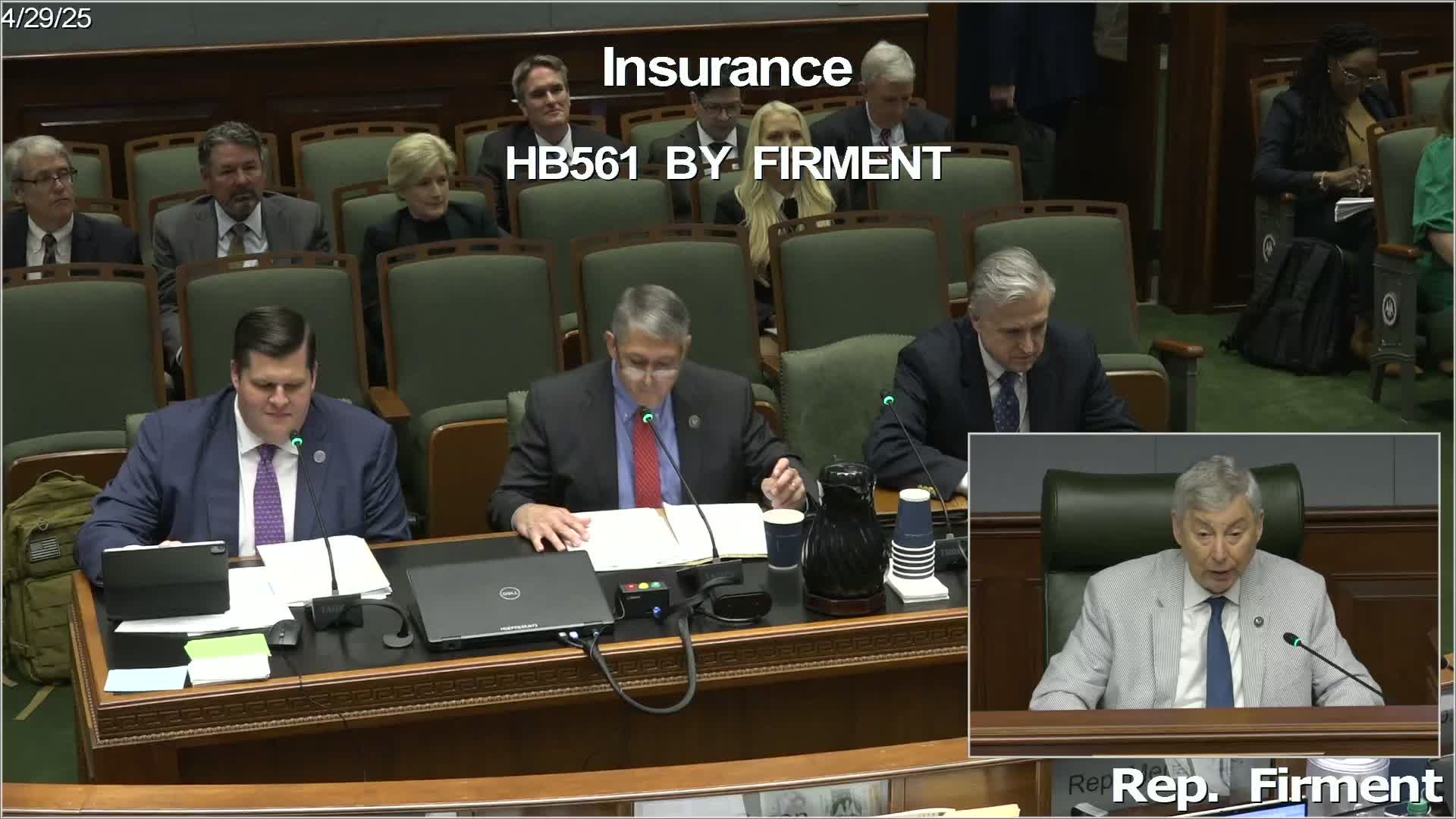
Committee approves amended bill to clarify surplus-lines insurer rules after parish officials raise arbitration concerns
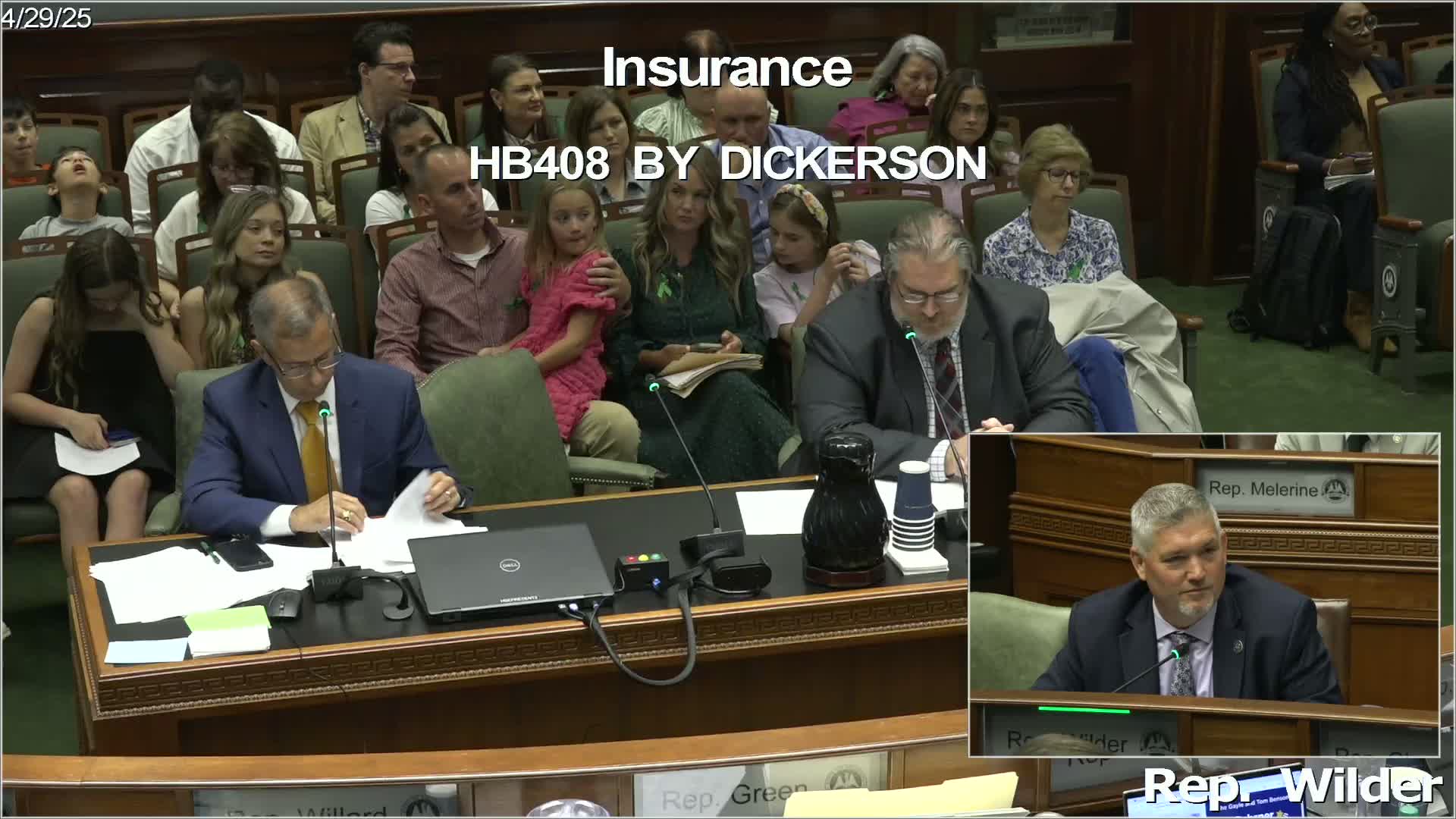
Committee advances bill modernizing captive insurance rules intended to boost market options
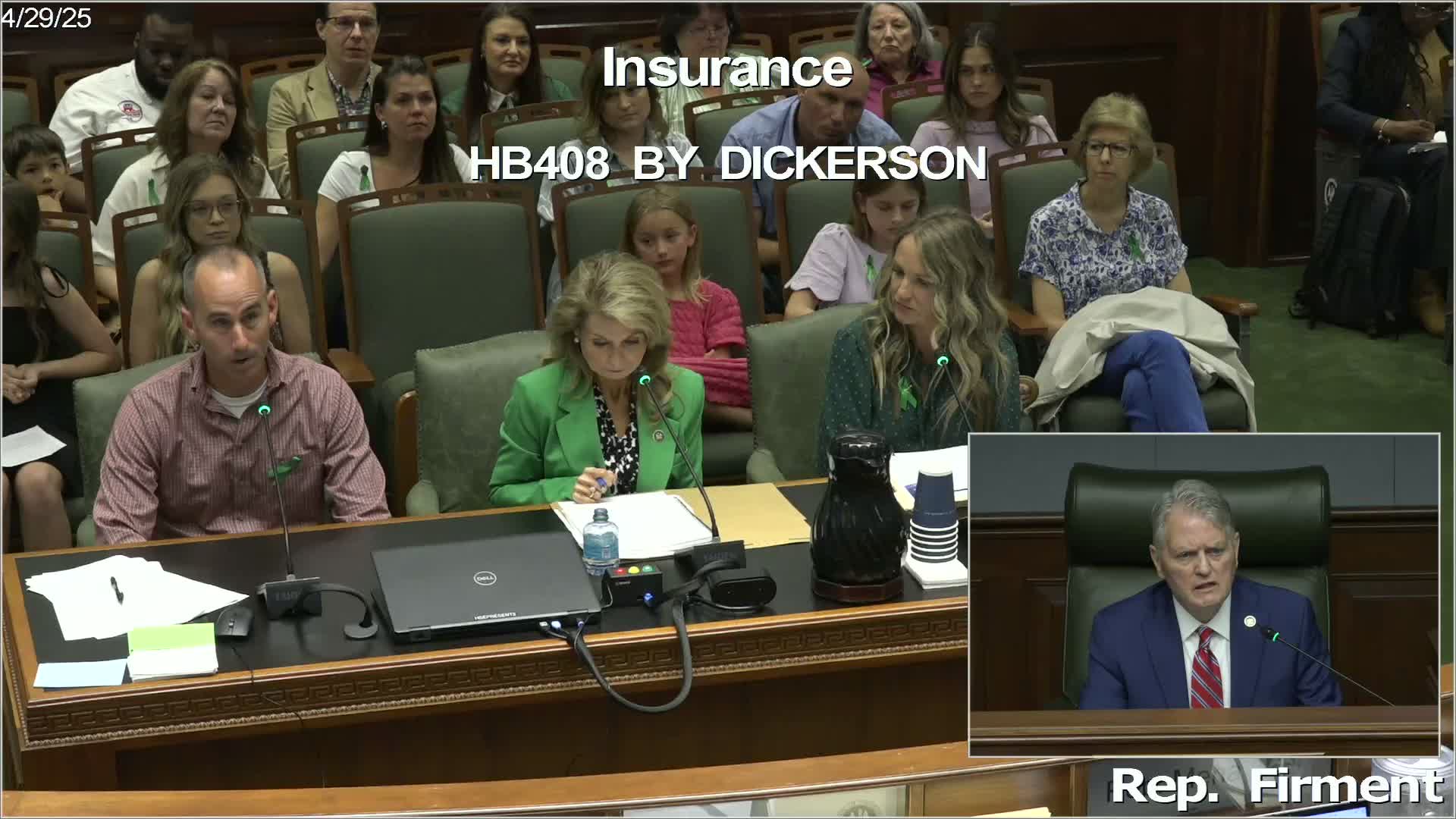
Committee adopts amendment and reports bill to require insurer coverage for newborn and early-childhood home visits
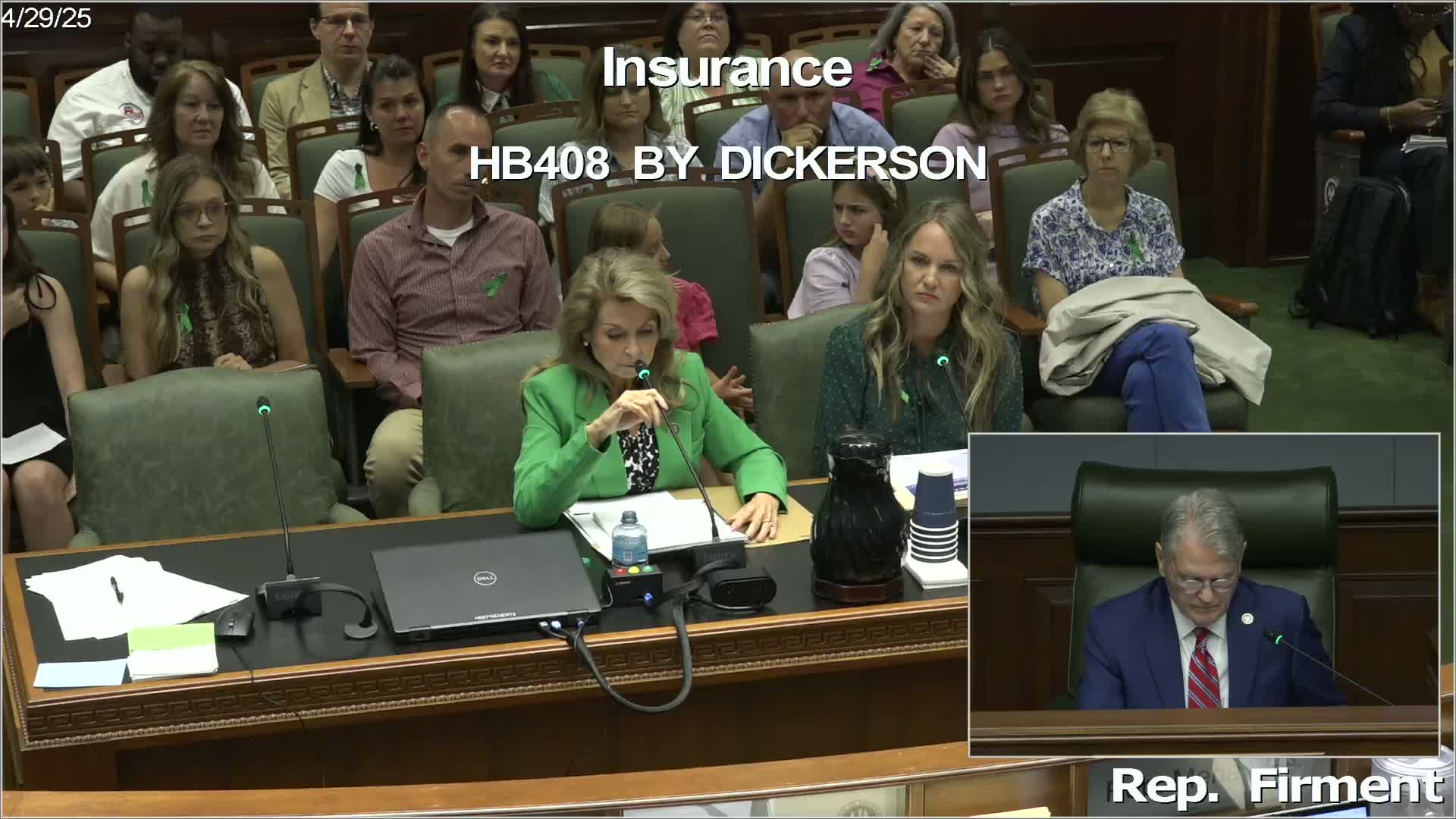
Committee advances bill to require insurer coverage for PANS/PANDAS treatment after families testify about high costs
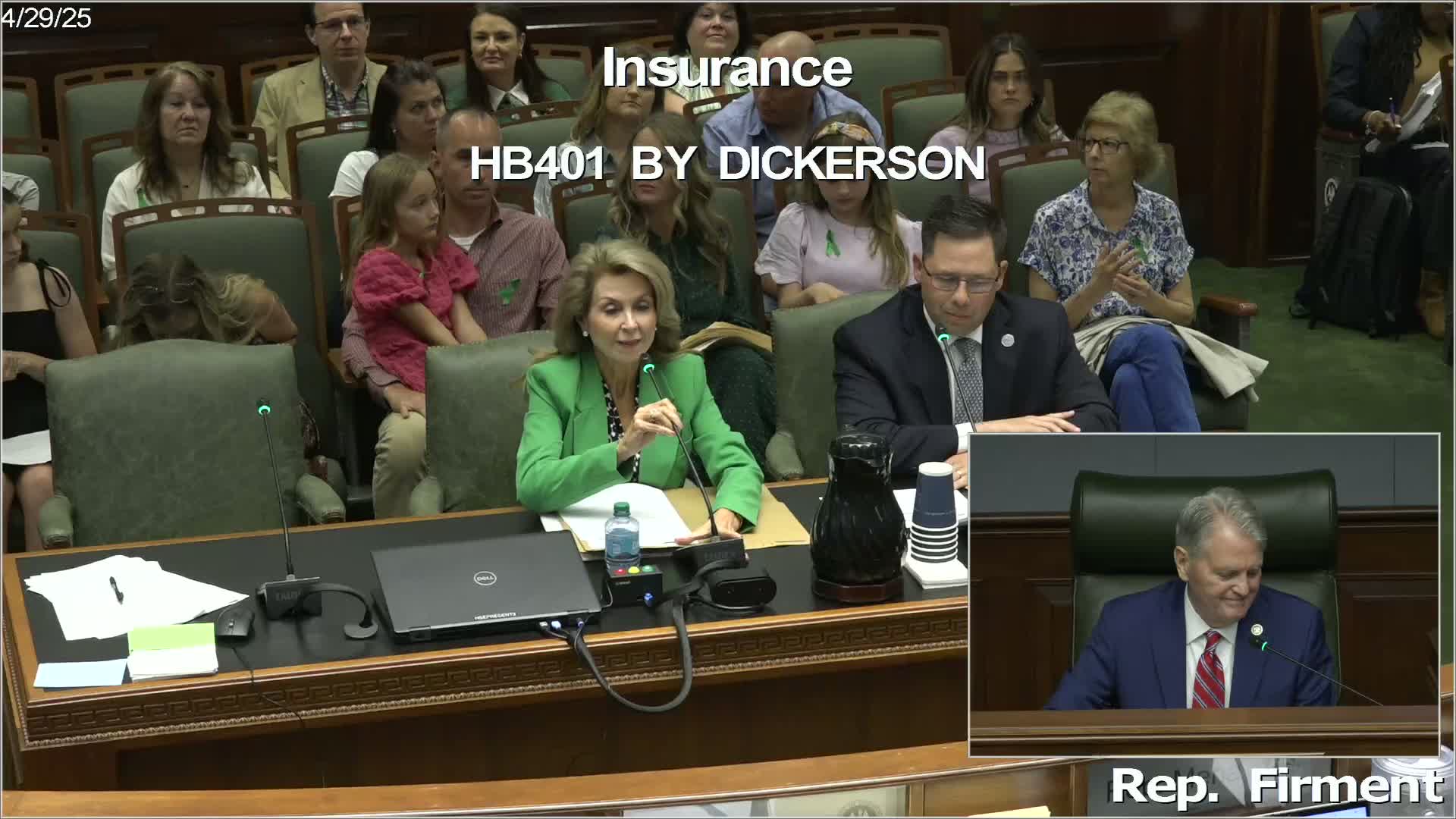
Committee clears bill letting insurance department retain small surplus to fund anti-fraud investigations
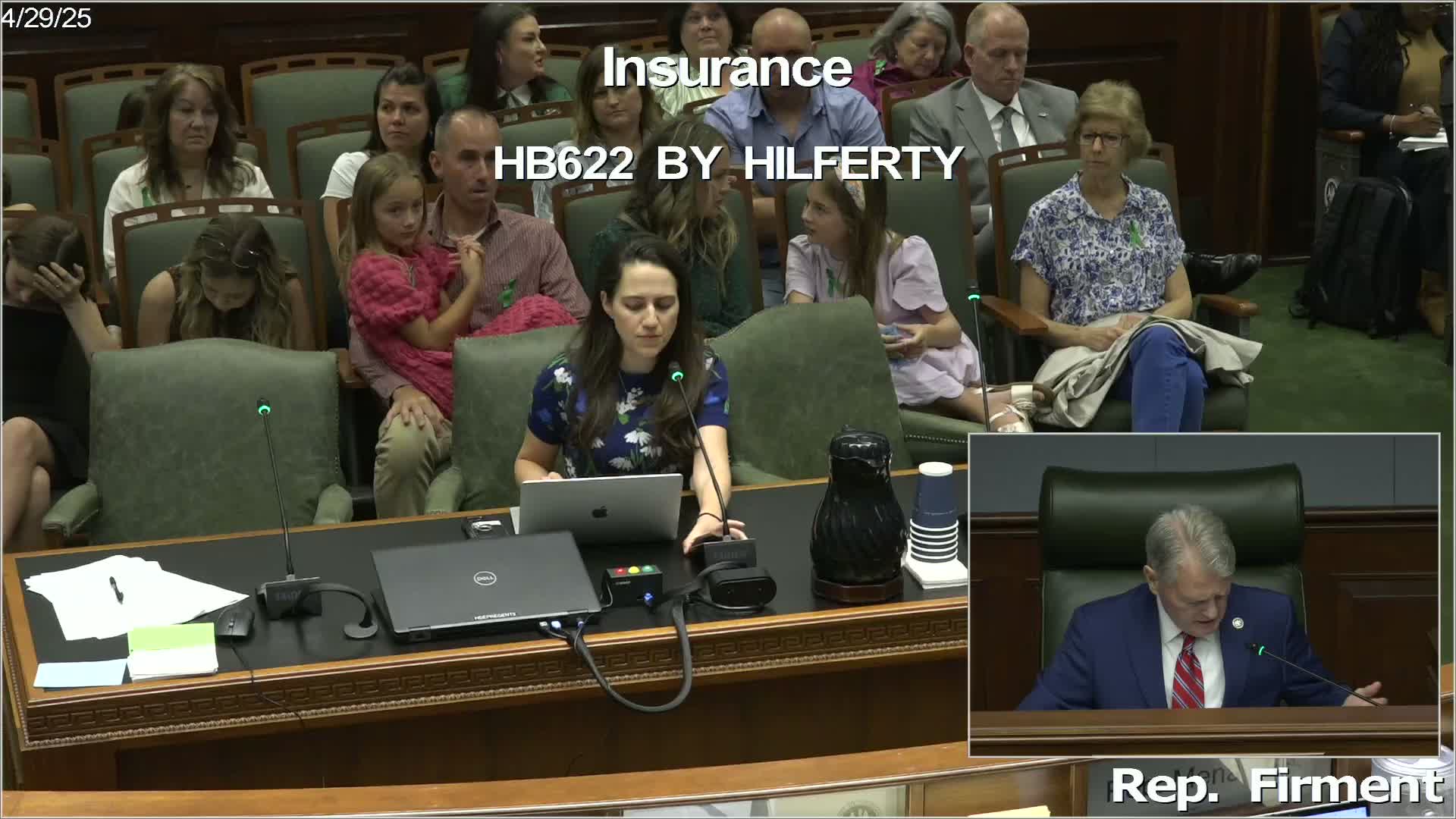
Committee adopts amendments and reports bill to require coverage for amino-acid elemental formula for infants
